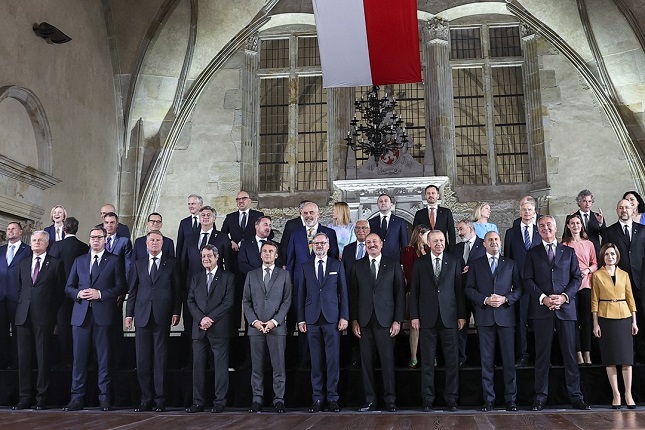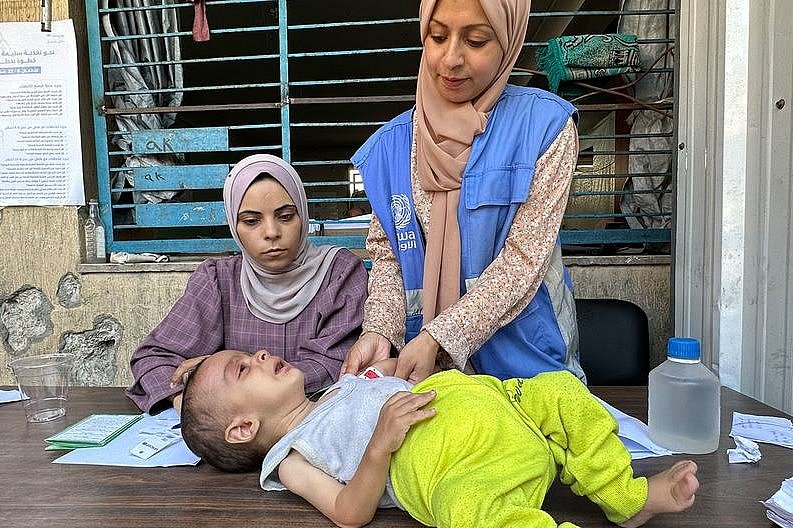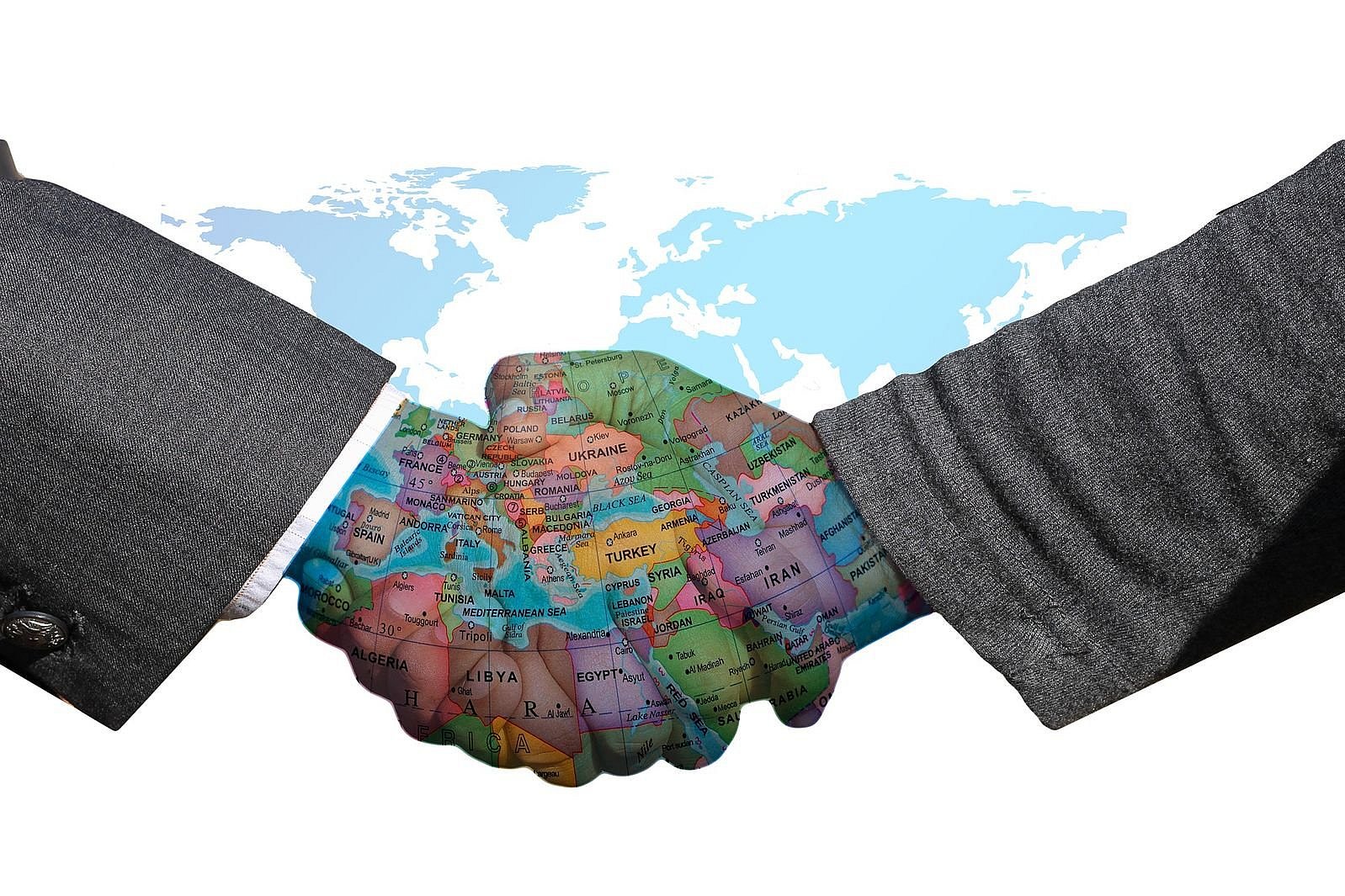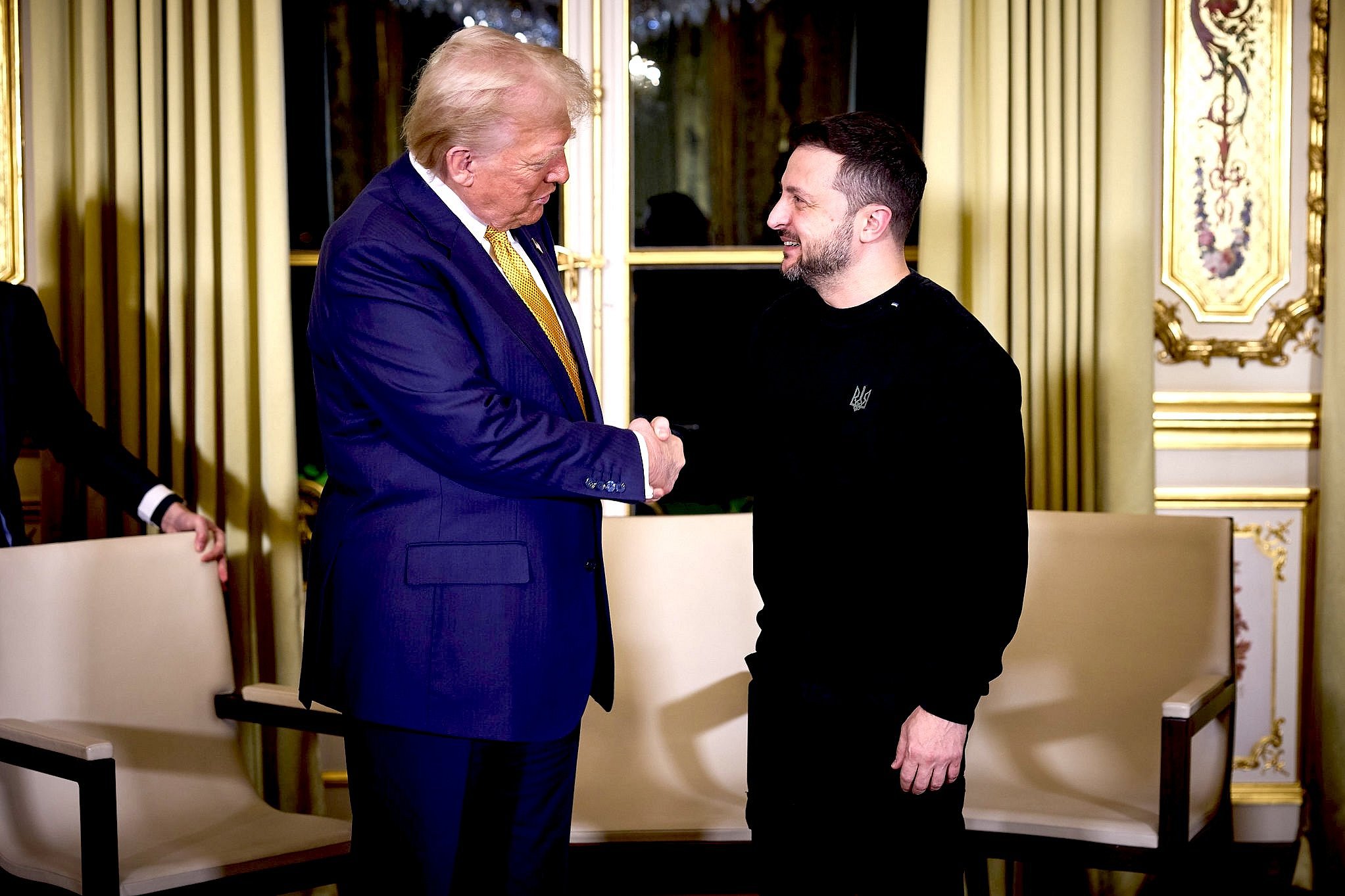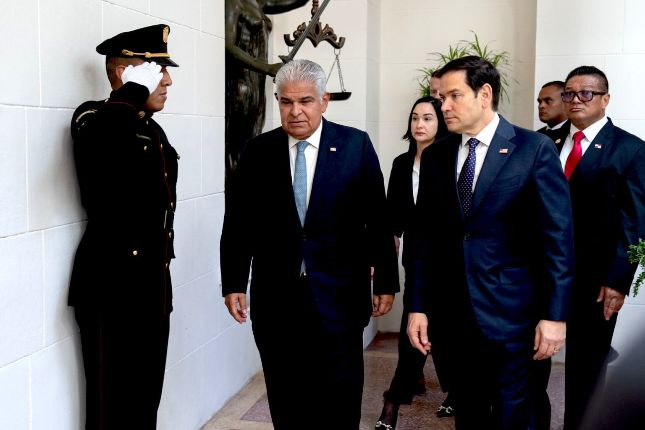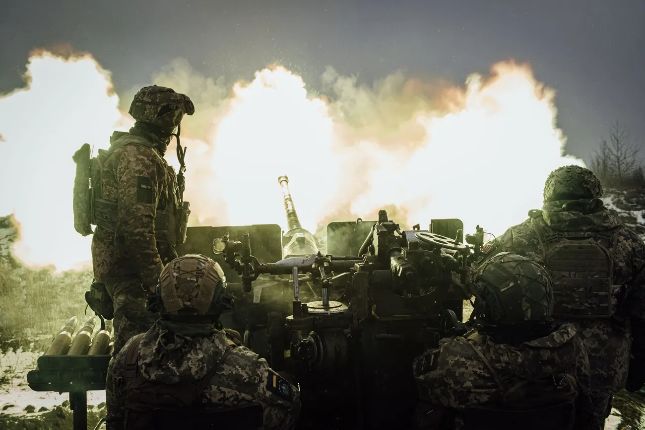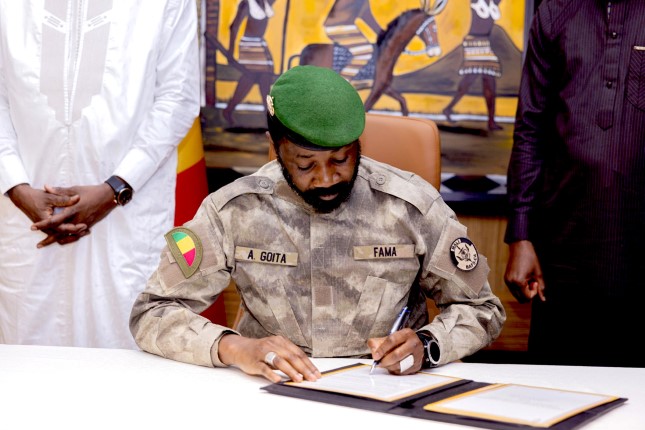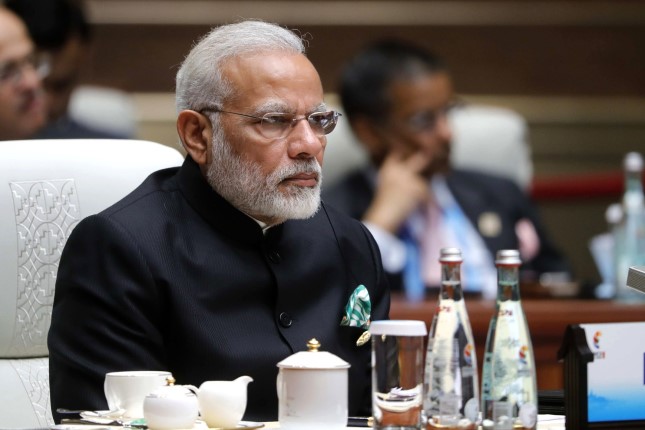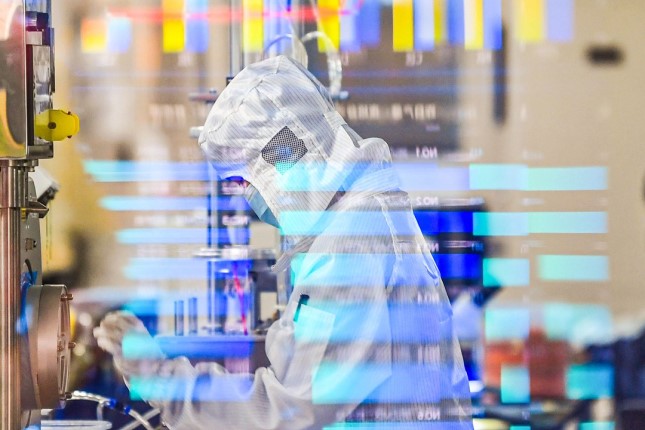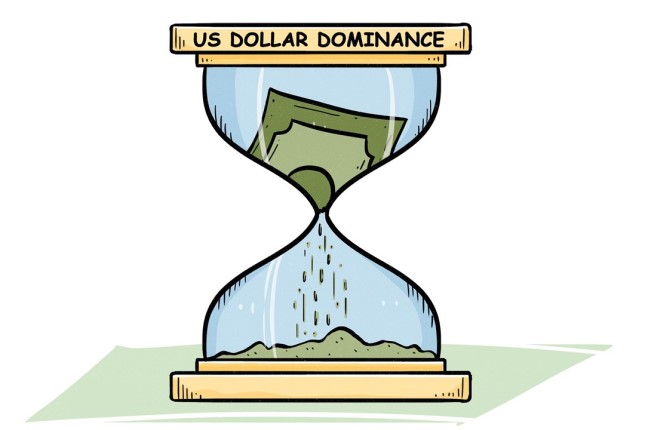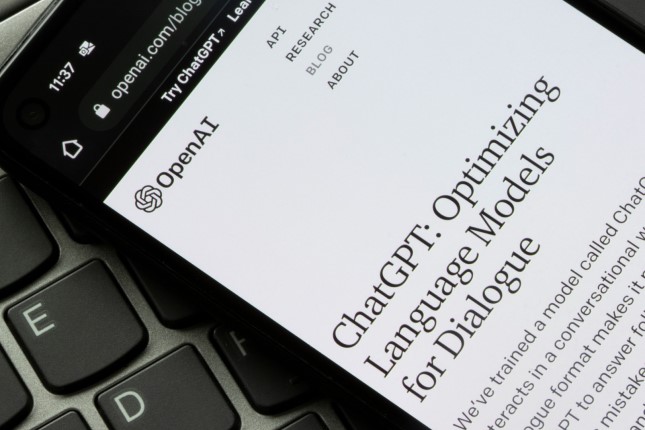Leaders from 44 European countries - the whole of the continent except Russia and Belarus - met on Thursday in Czech capital Prague to attend the inaugural meeting of the European Political Community, a new regional group proposed by French President Emmanuel Macron this May.
While eyeing issues from Europe's security to soaring energy prices and a looming economic recession, analysts said the gathering could be just another "grand show of solidarity," a talking shop without any actual content. They warned that such a group could develop into a new bloc confrontation with Russia, further worsening Europe's security situation.
The inaugural meeting included all 27 members of the European Union, plus 17 other nations including the UK, Ukraine and Turkey. The only two nations not invited were Russia and its neighboring ally Belarus, according to media reports.
In remarks at the opening, Macron said the group's existence is aimed at "sending a message of unity to all European nations by building a strategic closeness and finding common strategies," media reported on Thursday.
Despite the rhetoric, critics questioned if any concrete results could be delivered, as no formal policy statements, resolutions or declarations were expected.
"The purpose for this freshly born European Political Community is to reshape the geopolitical landscape of Europe in the context of the Russian-Ukraine conflict, a reflection of France's vision for Europe's future political map. As it's still an idea lacking concrete plans, the inaugural meeting aims to establish and strengthen a so-called European identity, but it is difficult to say how far it can go," Cui Hongjian, director of the Department of European Studies at the China Institute of International Studies, told the Global Times on Friday.
Its sheer size - a group of 44 countries - will be a major obstacle in delivering concrete results, as traditional rivalries, from Armenia and Azerbaijan to Greece and Turkey, remain among its members, the analyst said.
It is impossible to take any concrete action before reaching a consensus, while the latter itself could be a very long and difficult process, noted Cui.
Skepticism has risen among countries pushing to join the EU - Ukraine, Georgia, Moldova and the Western Balkan states - expressing concern that it could end up being a "consolation prize" replacing serious membership discussions, media reports said.
Cui said the European Political Community could be a "placebo" to appease countries that are eager to join the EU but could not do so in the short term, as different voices have risen within the EU as to the accession of these countries, for example, France's reluctance to accept Ukraine's joining in an accelerated manner.
Thursday's summit featured a series of meetings where leaders discussed the key challenges Europe faces, including security, energy, climate, the economy and migration.
The most pressing issue of the day and the one topic that discussions revolved around, analysts said, is the devastating energy crisis, dashed most recently by leaks at the Nord Stream gas pipelines linking Russia to Europe via the Baltic Sea.
The French government on Thursday launched a package of measures aimed at cutting the country's energy consumption in the hope of getting through the winter without power cuts. One of the measures is to cap indoor temperatures at 19 C, meanwhile providing heat two weeks later than usual for households, businesses and administrations and ending it two weeks earlier, France 24 reported.
Germany announced it will spend up to 200 billion euros ($197.50 billion) to help consumers and businesses cushion the pain from soaring gas bills.
The scheme, however, caught Brussels and the other capitals off guard, reported Euronews, as concerns mounted that it might trigger a negative spill-over effect beyond borders and distort competition in the single market.
"Without a common European solution, we seriously risk fragmentation. So it is paramount that we preserve a level playing field for all," said European Commission President Ursula von der Leyen over the weekend.
Apart from energy talks, the meeting is intended to send a strong signal to Russian President Vladimir Putin highlighting Moscow's isolation, media reported.
However, experts warn that the signal of political rejection toward Russia could be developed into a bloc confrontation on the European continent, which would not help maintain regional stability but further worsen the security situation of Europe.
Former German chancellor Angela Merkel said on Thursday, Europe can achieve lasting peace only with the involvement of Russia, TASS reported on Friday.
Photo: Leaders of countries within the first meeting of the European Political Community pose for a photo in Prague, Czech Republic on October 6, 2022. © VCG.
Source: The Global Times.
